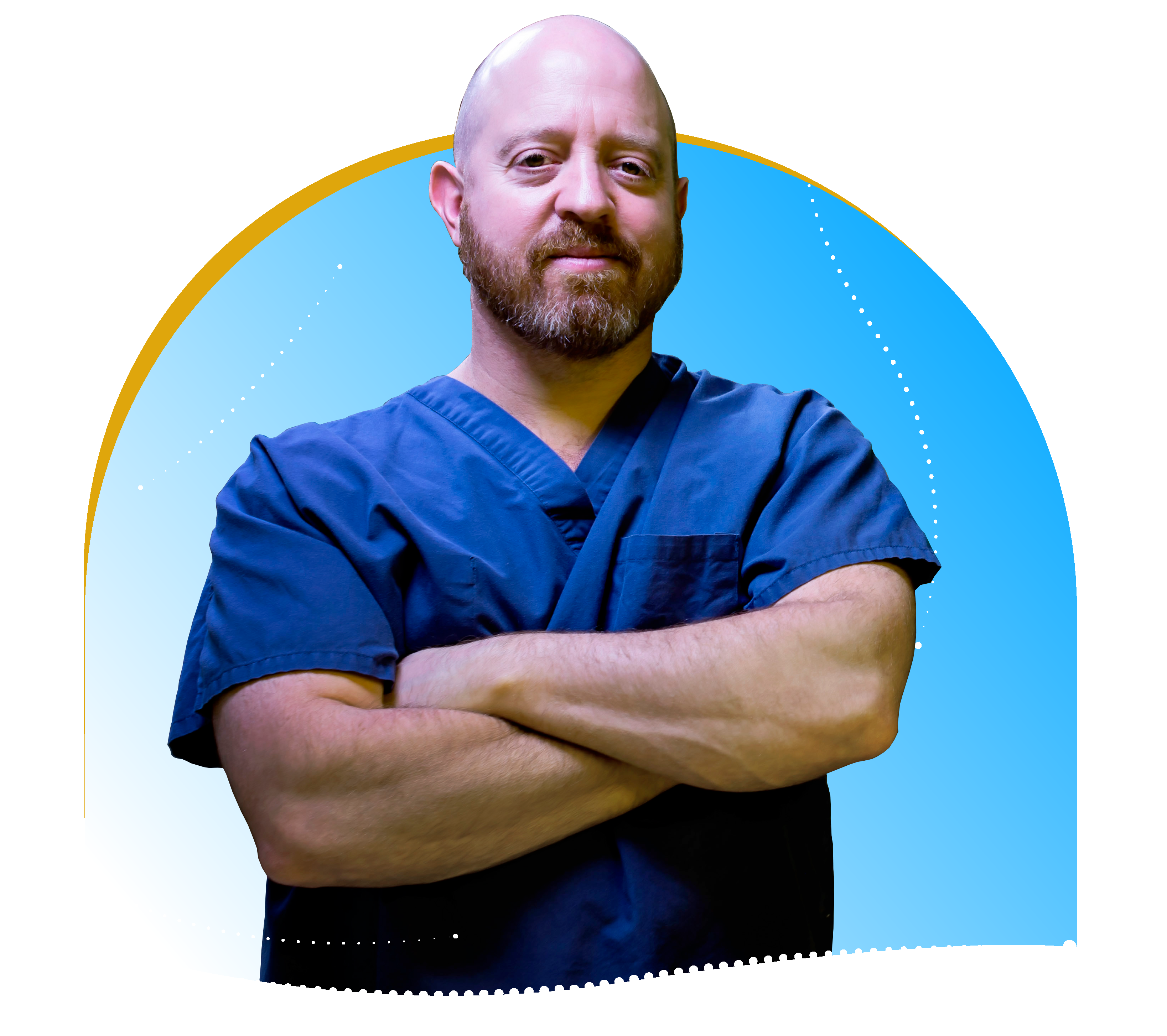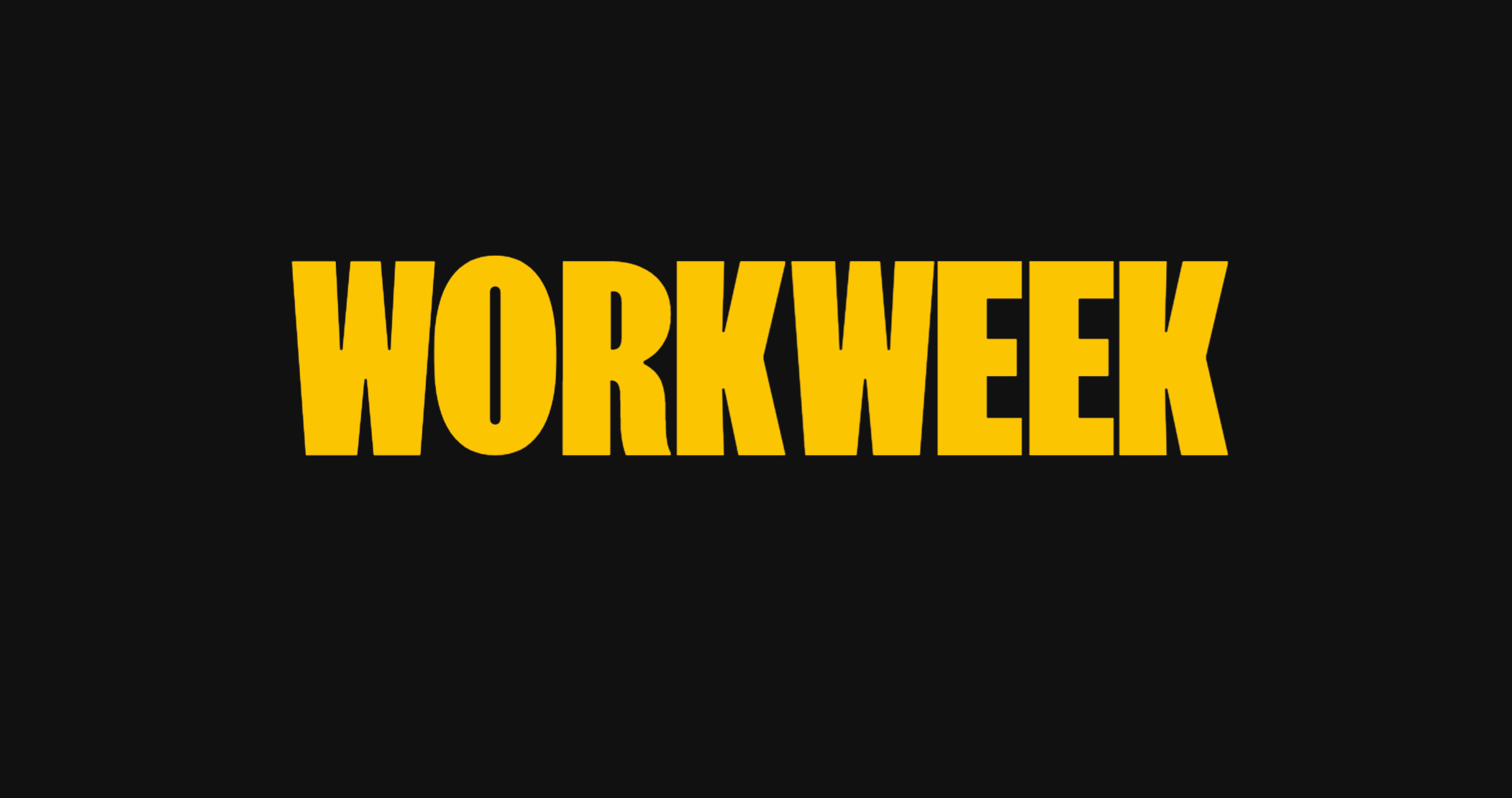The cannabis space is truly unique – no two career paths are alike. The nascent nature of the industry has allowed people to join from all walks of life, whether they were in the legacy market or are brand new to cannabis altogether.
Christi McAdams bet big on the market, going all in on the space in 2014. The move paid off, and she soon found herself growing alongside the industry in Nevada. After starting a successful production lab, she went on to found a successful cannabis staffing agency called Highlite Staffing, which serves several states.
This experience led Christi to create Cannabis Community College, a platform that provides high-quality, on-demand training and education for cannabis career seekers, professionals, and businesses.
Find out more about Christi’s dynamic cannabis journey, how she navigates the whirlwind nature of the space, and what advice she has in this Cannabis Community College Q&A.
HOW DID YOU GET INTO THE CANNABIS SPACE?
It wasn’t easy. I spent several months just learning by reading, attending conferences, workshops, and networking events, and talking with as many knowledgeable, industry people, as I could access. I know the best way to learn is from the ground up but despite my commitment and eagerness, I couldn’t even get a job working for free.
I ended up using all my resources to start a cannabis production lab in Southern California in 2014 (the barrier to entry was much easier there). I used to drive back and forth from Vegas every week. It was a rough experience but a necessity to get myself where I wanted to be. Within one year I was able to start a production lab in Las Vegas, where the regulations made me feel safe and excited to build the business.
YOU’RE A SERIAL ENTREPRENEUR AND HAVE SEEN EXTREME HIGHS AND LOWS IN YOUR CAREER. HOW DID YOU NAVIGATE THE UNPREDICTABLE WORLD OF BUSINESS?
A positive mindset has always gotten me through everything in life; professionally and personally. Without a positive mindset, I would have been mentally and emotionally broken many times. I choose to look ahead, find the positive in negative situations and have peace in my heart and wish goodwill toward everyone, even those who have hurt me.
I learn from my mistakes and try to become a better version of myself every day. I work very, very hard, usually 12-18 hours a day. I believe we reap what we sow and therefore, I am planting as many seeds as I can every day.
WHAT INSPIRED YOU TO CREATE CANNABIS COMMUNITY COLLEGE?
Initially, I just needed a way to train my own employees. I need to make sure that the employees that I was sending out to licensed facilities, had the same state-required training as their own employees. Our training was hosted indoors at the Highlite Staffing headquarters.
When the Covid epidemic hit, we had to figure out a way to train our staff without having large numbers of people in a confined space. While trying to find a solution, I was introduced to Zoom for the first time. The Zoom platform allowed us to reach greater audiences so as Highlite Staffing grew into newly legalized states, CCC was able to train that staff before sending them out to licensed facilities. We hired and/or placed over 800 people during that time.
AS A CANNABIS STAFFING EXPERT, WHAT WOULD YOU SAY MAKES A GREAT CANNABIS JOB CANDIDATE?
First thing’s first: I won’t even interview someone that isn’t prepared with experience and/or cannabis education and they must, whenever allowed by the state, already have their agent card but then…these are the 4 traits that I make an employee irreplaceable in my eyes:
- Positive mindset (the glass is always ½ full)
- Honesty (I can take their word to the bank)
- Work ethic (they show up to work on time and have pride in their work)
- Loyalty (they realize the sacrifices I make for their success, and they do the same for me)
WHAT ADVICE DO YOU HAVE FOR NEWCOMERS TO THE CANNABIS INDUSTRY?
If you have a sense of entitlement, just turn around and go in another direction. This industry is growing fast, and it has the most amazing opportunities for ANYONE, whether you have a college degree or not, whether you have trade skills or not. But this industry has hundreds of people applying for each job that is posted so do everything you can to leverage yourself. If you don’t have experience, get an education.
If you live in a state where you can get your background check and agent card before being hired, DO IT! Employers hire people who are invested in the job. Also, if you are sending your resume, never do it without a cover letter. That cover letter should be different for each job you apply for. Let the employer know that you have researched their company, and define what experience or education you have procured to make yourself a good fit. Let them know how much the position would mean to you and your commitment to bringing value to that role.
For people with the mindset of achieving career success, getting into the cannabis industry is like winning the job lottery! Once you get hired, keep learning. Always be expanding your knowledge and experience to be the best you can be. The ability to evolve is one of our greatest gifts.









